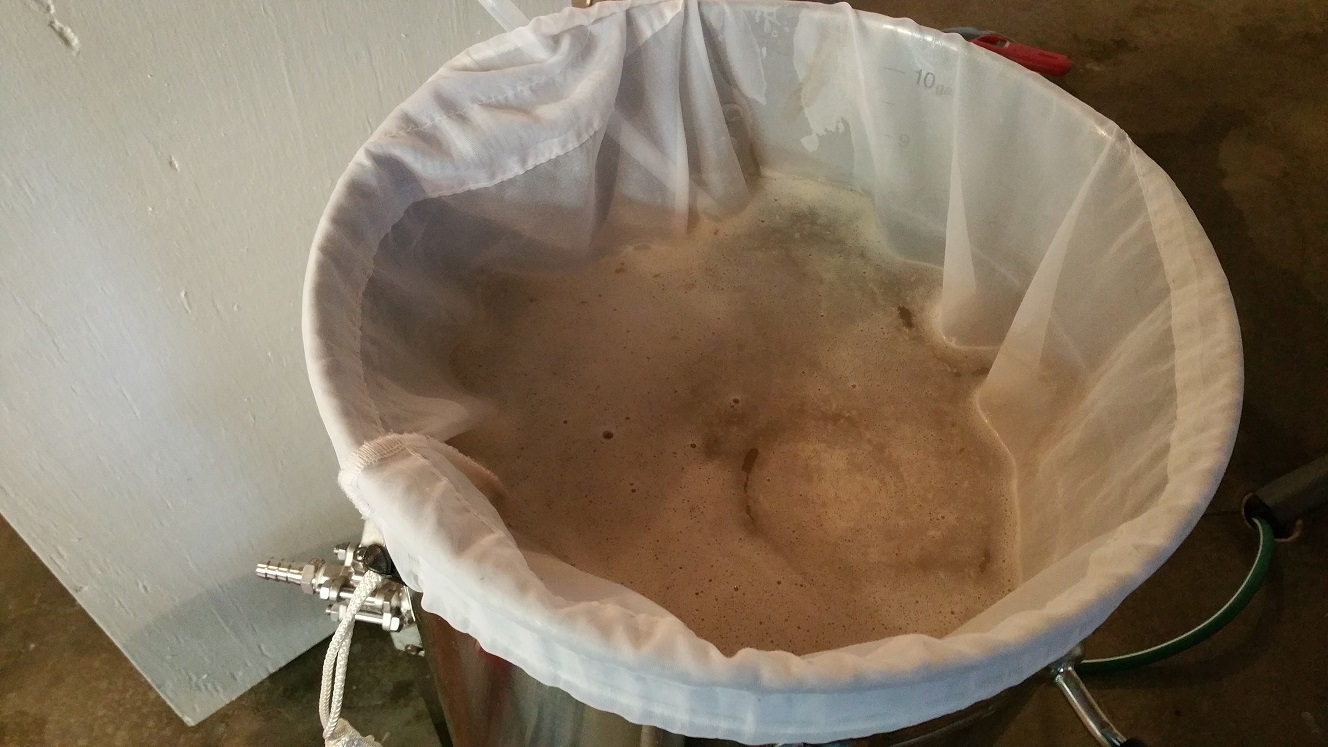Can't recall, but did you use pre-hopped extract in your previous batches? If so, you're at the mercy of whomever designed and produced that extract. You can, of course, control that when you control all ingredients.
BTW, you're planning on doing what, I think, most brewers do--start with a base, and then add and subtract based on the brewer's own taste.
A very basic beer, but one that is usually quite drinkable, is what's known as a "SMASH" beer--Single Malt and Single Hop. Brewers will use a SMASH beer to highlight, well, a particular malt and a particular hop, knowing the flavors aren't being confused or mixed by multiple elements of the recipe.
One nice thing about a SMASH beer for a new brewer is that it's a simple recipe which allows you to focus on the process instead of the recipe. Process trumps recipe; if you have a good process, almost all decent recipes will turn out, but no recipe can save a bad process. So focus on trying to get that right.
*******
The typical base grain is standard 2-row barley; I personally like the flavor of Maris Otter (slightly more expensive, but worth it), and it's my base grain for most recipes.
I brew a SMASH that is a crowd pleaser; it presents and tastes much like a lager but it's an ale. I use Maris Otter as the grain, and Styrian Celeia hops.
Others will probably chime in with other simple recipes or SMASH recipes; think about what tastes you'd like in a beer, and then make choices from that, if they make sense to you.
*******
There are a few key things you need to go right in brewing all-grain.
One is the crush of the grain, i.e., how finely it is crushed. The hot strike water has to gelatinize the starch in the grain, and the larger the pieces of crushed grain, the less effective this tends to be. I've attached a pic below showing a crush that's too coarse; you can see pieces of grain that are sheared off or chunks, and it isn't a fine enough crush.
Second is the temperature of the mash; you want that mash temp to be somewhere between about 148 and 155 (151 is a good compromise). When you "dough in" the grain to the water, the grain will lower the temp of the water (and resulting mash). So getting that initial temp right is the key.
The resulting mash temp depends on how much water, how hot is is, whether you've preheated the mash tun (if you're using one instead of a kettle), how much grain, and how cold the grain is. Hard to nail that the first time but we can give you some numbers that will get you close if we know the details.
Third is the water you use. Your tap water might, or might not, be appropriate. You can't know without a water analysis and report, unless there are other local brewers who can tell you.
Water matters because it influences the resulting mash pH and how well the enzymes work in converting the starch in the grain to sugar. Further, if the water contains chlorine or chloramines, those will cause off-flavors in the beer, so you need to address that (typically with a Campden tablet, which is what I do, but there are other ways).
My local water is drawn from a well 1100 feet down and it's very alkaline and hard. Suitable only for perhaps a Stout, which I don't brew. So most of my water is RO (reverse osmosis) water, the same thing essentially as distilled water. Then I add back salts and minerals to get the water to the right composition.
If you get the crush right, get the water right, and get the mash temp right, you'll likely be able to make wort, and make good wort. From then on, the process is the same as you've done. The difference is instead of using wort created by others, you are using your own. It's really cool to do that, BTW.
*******
The easiest way to do all-grain is known as BIAB (brew in a bag). It's fast, it's simple, and it works just as well as other ways for the most part. My brewing setup has all the bells and whistles but I still I miss the days of my doing BIAB. Easy peasy.
In BIAB, your boil kettle is your mash kettle which turns back into the boil kettle. It's a 1-vessel system, simple as can be. With a traditional mash tun, you remove the wort from the grain; with BIAB, you remove the grain from the wort.
To do BIAB, for a 5-gallon batch, you need a big enough kettle (10 gallons you'll want), and a way to hoist the bag out of the kettle to let the wort drain back into the kettle. You also need a way to heat it. I've included a few pics showing that at the bottom.
(I can't recall, are you doing smaller batches? If so, this could work on a stove and you might be able to lift the bag by hand).
*******
If not, you can use a separate mash tun. Mine is a 12-gallon cooler, but any cooler appropriate to the batch size can work. It allows you to use a smaller boil kettle than BIAB as the kettle doesn't have both water and grain in it.
You preheat the mash tun (I used a gallon of boiling water to preheat it, then dumped that), add the strike water, mix (dough in) the grain into the water, close up the cooler, wrap in a blanket/sleeping bag/quilt/whatever for 60 minutes and voila! Wort! (I always stirred a couple times during the 60 minutes, it helps with conversion).
*******
So--you can do this, but if you want more input we need to know your resources (space, heating, etc.) and circumstances.
View attachment 661532 View attachment 661533










